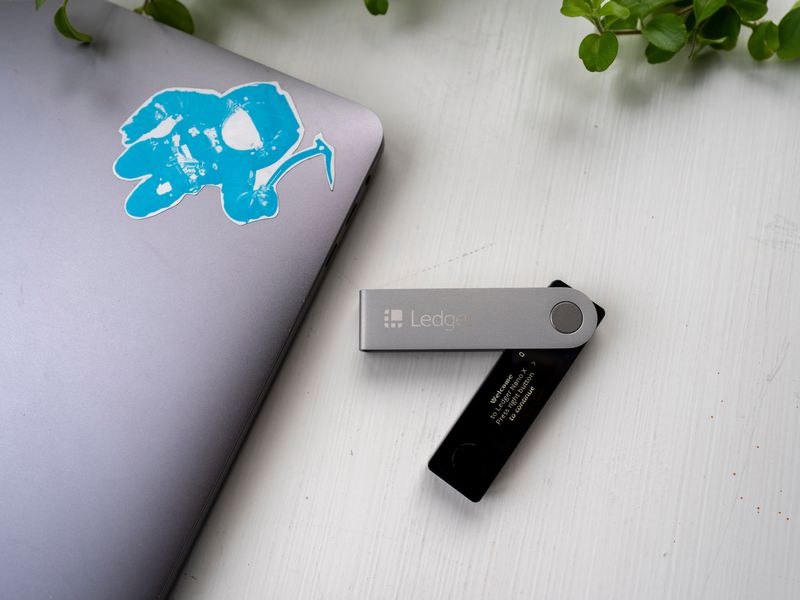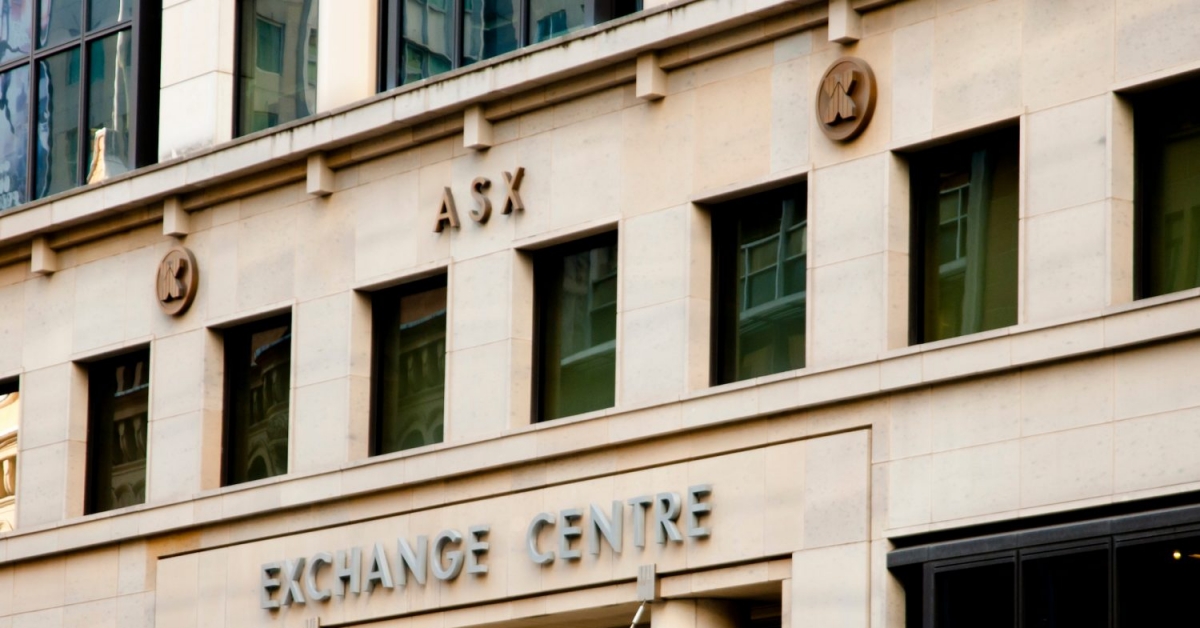Federal Reserve Says Custodia’s Crypto-Focused Business Model Is ‘Inconsistent’ With Approval
Christy Goldsmith Romero
Commissioner
U.S. Commodity Futures Trading Commission
Explore the policy fallout from the 2022 market crash, the advance of CBDCs and more.
Christy Goldsmith Romero
Commissioner
U.S. Commodity Futures Trading Commission
Explore the policy fallout from the 2022 market crash, the advance of CBDCs and more.
:format(jpg)/www.coindesk.com/resizer/Wp_9JBk78AmIs8_Yu11cdVp5OZk=/arc-photo-coindesk/arc2-prod/public/SGJ5I72WCZGERM6ZC74CJCQCZQ.png)
Cheyenne Ligon is a CoinDesk news reporter with a focus on crypto regulation and policy. She has no significant crypto holdings.
Christy Goldsmith Romero
Commissioner
U.S. Commodity Futures Trading Commission
Explore the policy fallout from the 2022 market crash, the advance of CBDCs and more.
Christy Goldsmith Romero
Commissioner
U.S. Commodity Futures Trading Commission
Explore the policy fallout from the 2022 market crash, the advance of CBDCs and more.
The Federal Reserve Board argued that Custodia Bank’s proposed business model was “inconsistent” with approval in an order explaining its denial of the Wyoming-based crypto bank’s application for membership in the Federal Reserve System.
Custodia’s membership application, as well as its application for a master account, was denied in January, 18 months after the applications were initially filed. Custodia, formerly known as Avanti Bank, sued the Federal Reserve in June 2022, alleging that the central bank was unlawfully delaying its decision, and it filed an amended complaint earlier this year alleging a Fed conspiracy to block it.
At the time of Custodia’s denial, the Federal Reserve issued a brief statement explaining its position that Custodia’s “novel business model and proposed focus on crypto assets presented significant safety and soundness risks,” and that the bank didn’t have a sufficient risk management framework to address crypto-related risks like money laundering and terrorism financing.
Friday’s 86-page release, however, is the first time the central bank has expanded on its reasoning for the denial. The Federal Reserve Board argued that Custodia had insufficient risk management and controls, “particularly with respect to overall risk management; compliance with the Bank Secrecy Act and U.S. sanctions … financial projections, and liquidity risk management practices.”
The board also argued that Custodia’s revenue model, which “relies almost solely upon the existence of an active and vibrant market for crypto assets” makes it vulnerable to market volatility, even though the board admitted that “Custodia appears to have sufficient capital and resources to sustain initial operations.”
“Recent events, including the bankruptcies of crypto-asset intermediaries Celsius, Voyager, BlockFi and FTX, have highlighted that the global and largely unregulated or noncompliant crypto-asset sector lacks stability and that dislocations in the sector can result in stress at financial institutions focused on serving the crypto-asset sector,” the board reasoned.
The board also argued that Custodia’s financial plans were “so adverse as to present sufficient grounds on their own for warranting denial of the application,” a statement it reiterated while detailing different aspects of Custodia’s application that it objected to.
Custodia has pushed back on the Fed’s rejection, both through its lawsuit and in a statement Friday that called the order “the result of numerous procedural abnormalities, factual inaccuracies that the Fed refused to correct and general bias against digital assets.”
“Rather than choosing to work with a bank utilizing a low-risk, fully reserved business model, the Fed instead demonstrated its shortsightedness and inability to adapt to changing markets,” Custodia said in the statement. “Perhaps more attention to areas of real risk would have prevented the bank closures that Custodia was created to avoid. It is a shame that Custodia must turn to the courts to vindicate its rights and compel the Fed to comply with the law.”
The membership was denied without prejudice, meaning that Custodia would, in theory, be able to apply for membership again in the future.
Edited by Nikhilesh De.
DISCLOSURE
Please note that our
privacy policy,
terms of use,
cookies,
and
do not sell my personal information
has been updated
.
The leader in news and information on cryptocurrency, digital assets and the future of money, CoinDesk is a media outlet that strives for the highest journalistic standards and abides by a
strict set of editorial policies.
CoinDesk is an independent operating subsidiary of
Digital Currency Group,
which invests in
cryptocurrencies
and blockchain
startups.
As part of their compensation, certain CoinDesk employees, including editorial employees, may receive exposure to DCG equity in the form of
stock appreciation rights,
which vest over a multi-year period. CoinDesk journalists are not allowed to purchase stock outright in DCG
.
:format(jpg)/www.coindesk.com/resizer/Wp_9JBk78AmIs8_Yu11cdVp5OZk=/arc-photo-coindesk/arc2-prod/public/SGJ5I72WCZGERM6ZC74CJCQCZQ.png)
Cheyenne Ligon is a CoinDesk news reporter with a focus on crypto regulation and policy. She has no significant crypto holdings.
Learn more about Consensus 2023, CoinDesk’s longest-running and most influential event that brings together all sides of crypto, blockchain and Web3. Head to consensus.coindesk.com to register and buy your pass now.
:format(jpg)/www.coindesk.com/resizer/Wp_9JBk78AmIs8_Yu11cdVp5OZk=/arc-photo-coindesk/arc2-prod/public/SGJ5I72WCZGERM6ZC74CJCQCZQ.png)
Cheyenne Ligon is a CoinDesk news reporter with a focus on crypto regulation and policy. She has no significant crypto holdings.









